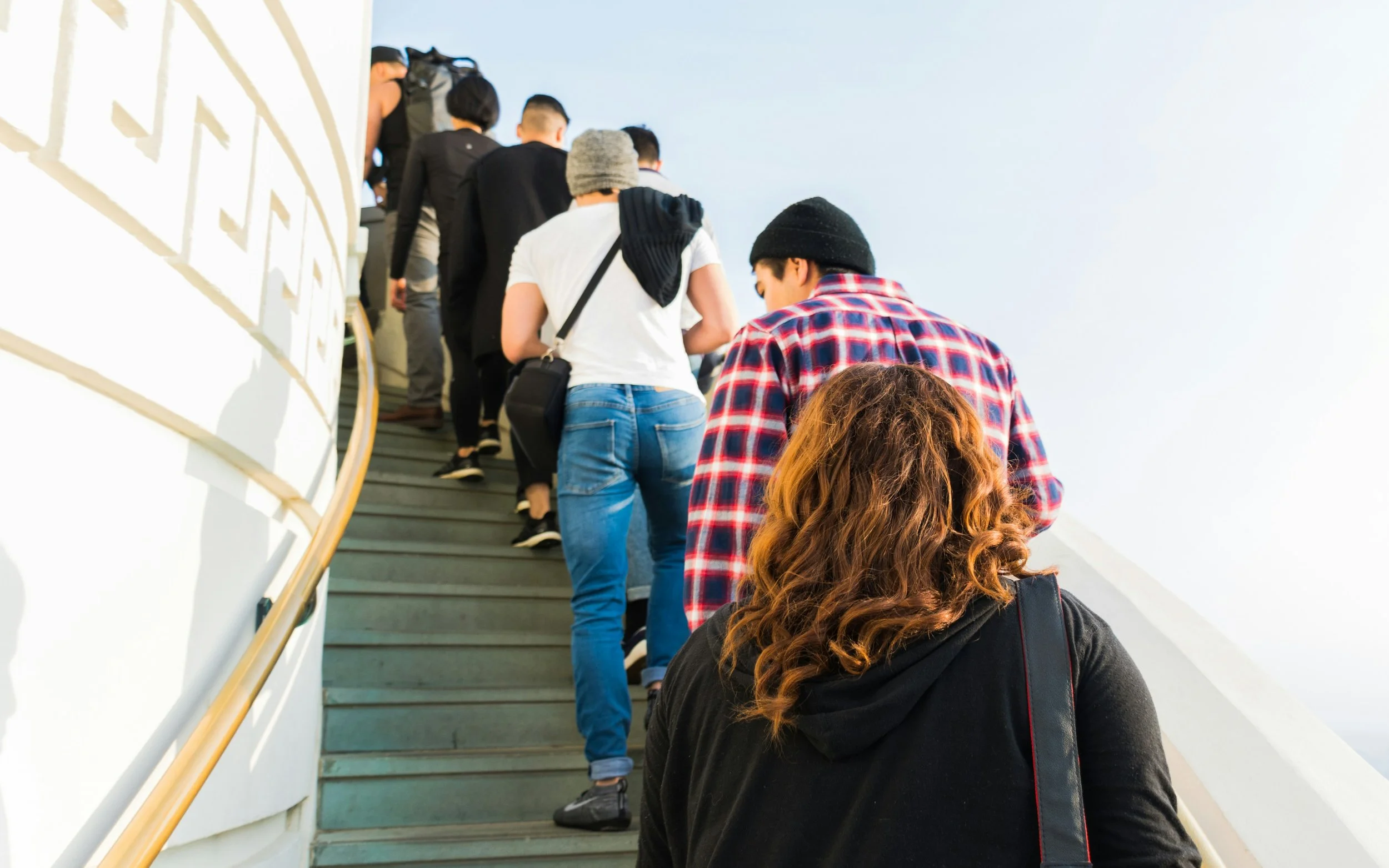The Unseen Crisis: Limited ABI Waiver Slots and Their Impact on Brain Injury Survivors.
The human capacity for resilience is extraordinary, but when it comes to recovering from a brain injury, the journey can often seem insurmountable. For survivors, the road to independence and reintegration into society requires not only personal determination but also adequate systemic support. In the United States, one of the most vital lifelines for survivors of acquired brain injuries (ABI) is the Medicaid ABI Waiver program. However, a severe shortage of available waiver slots across the country, including Connecticut, has created a crisis for brain injury survivors and their families—a crisis that warrants urgent attention.
The ABI Waiver: A Critical Support System
The ABI Waiver program is designed to provide community-based, non-medical supports to individuals who might otherwise require institutional care. Services such as personal assistance, vocational support, and community integration are critical for helping survivors regain autonomy and maintain stability. Without access to these services, survivors often face isolation, financial strain, and a significant decline in their quality of life.
In Connecticut, the demand for ABI Waiver services far exceeds the availability of slots. Currently, individuals face a wait time of up to 7 years to access the program. This challenge is not unique to Connecticut; in Massachusetts, wait times can reach 5 years or more, while states like Florida report similar bottlenecks. These delays leave survivors and their families in a precarious position, often forced to patch together inadequate care solutions or rely on overburdened caregivers.
The Consequences of Inadequate Support
For many families, the wait for an ABI Waiver slot is not just an inconvenience—it’s a source of profound distress. Consider the case of a middle-aged father in Connecticut who sustained a traumatic brain injury in a car accident. While waiting for an ABI Waiver slot, his family has been forced to rely on a PCA (Personal Care Assistance) waiver to provide minimal in-home support. However, PCA waivers are not designed to address the complex needs of brain injury survivors. They lack funding for essential services such as cognitive rehabilitation, vocational training, and intensive behavioral interventions.
The result is a tragic mismatch: survivors are left with unmet needs, families are pushed to their breaking point, and the state ultimately bears greater costs due to avoidable hospitalizations, crises, and institutional placements.
The Risks of Workarounds and the Need for Systemic Reform
In an attempt to address this issue, some states have turned to alternative funding sources, such as PCA waivers, as a stopgap measure. While well-intentioned, these workarounds often do more harm than good. By funneling brain injury survivors into programs that cannot meet their needs, these policies create a false sense of resolution while leaving survivors vulnerable.
Moreover, these alternative solutions mask the true demand for ABI Waiver services, allowing policymakers to underestimate the scope of the problem. This dynamic perpetuates the cycle of underfunding and inadequate support, leaving the most vulnerable members of society to suffer in silence.
Steps Toward a Solution
Increase Funding for ABI Waiver Programs: States must prioritize funding to expand the number of ABI Waiver slots available. Doing so will not only reduce wait times but also prevent costly institutional placements.
Advocate for Accurate Needs Assessments: Policymakers must conduct comprehensive assessments of the demand for ABI Waiver services and use this data to inform funding decisions.
Enhance Public Awareness: Families, advocates, and organizations must raise awareness about the limitations of PCA waivers and other inadequate alternatives. This will help policymakers understand the real impact of underfunding on survivors and their families.
Explore Federal Solutions: Federal initiatives, such as increasing Medicaid funding for ABI Waiver programs or creating nationwide standards, could help address disparities between states.
The plight of brain injury survivors waiting for ABI Waiver services is not just a matter of policy—it is a matter of human dignity. These individuals, through no fault of their own, have been thrust into circumstances that require more than resilience. They require a society that recognizes their inherent worth and provides them with the tools to rebuild their lives.
If we continue to delay action, we risk perpetuating a system that fails those who need it most. But with concerted effort and compassionate leadership, we can create a future where survivors are not left behind, families are not stretched to the breaking point, and communities thrive together.

